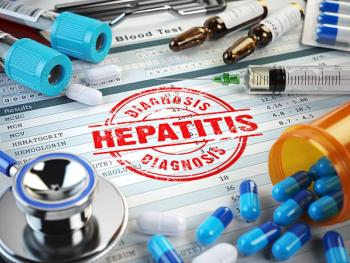
The global hepatitis treatment market is more than a financial figure; it is a key area in the effort to combat the silent disease that impacts millions around the world.

The global hepatitis treatment market is more than a financial figure; it is a key area in the effort to combat the silent disease that impacts millions around the world.

The pharmaceutical industry faces challenges when investing in new antibiotics, which emphasizes the need for regulatory reforms, incentives, and collaborative efforts between government, healthcare organizations, and private companies. The prospective bill, the Pasteur Act, is one potential strategy to help in these areas, and incentivize pharmaceutical companies to develop these essential therapies.

People can now take the Healgen Rapid Check COVID-19/Flu A&B Antigen Test in their homes without a prescription.
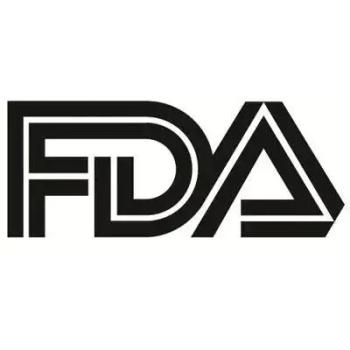
More food recalls, including eggs, guacamole, Sriracha, and vegetables, were issued due to health risks from contamination, prompting consumer action nationwide.
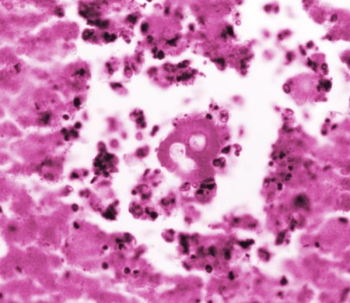
Basilea Pharmaceutica says its investigational therapy, fosmanogepix, is being studied for candidemia and invasive candidiasis.

Some FDA recalls announced this past week involve various food products, such as veggie straws and sprouts, prompting consumers to remain aware of potential health risks.

Forty percent of the dose of the PCV 13 vaccine, but not of the PCV 10 or lower dose, was found noninferior to full doses when immunizing infants in Kenya.
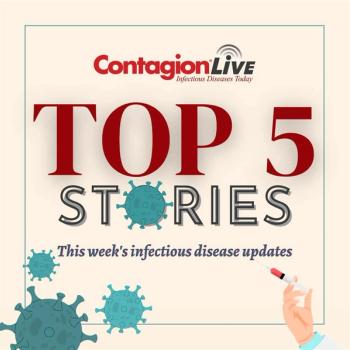
Healthcare workers receiving additional COVID-19 vaccine doses had fewer ongoing symptoms, a new test differentiates bacterial from viral infections, CDC reports 10 deaths linked to ongoing listeria outbreak, and more this week from Contagion.

The pharmaceutical company said there were no safety issues associated with the decision.

Moderna has begun its study examining its investigational norovirus vaccine, mRNA-1403, to determine its efficacy, safety and immunogenicity.

Carter Keller discusses the company's recent $135.2 million contract with BARDA to develop recombinant polyclonal antibody therapies targeting botulinum neurotoxins and an unspecified biothreat, highlighting their innovative approach to address emerging health threats.

In the second installment of a 2-part series on this form of guided therapy, the lead investigator describes findings and the potential of biomarkers in antibiotic stewardship.

Part 2 with James F Cummings, MD, as he discusses the need for a stronger response to emerging variants, the importance of protecting high-risk populations, and the potential to reduce vaccine hesitancy through easier administration.

Part 1 of James F Cummings, MD interview, discusses the trial's goals and highlights the vaccine's potential to generate mucosal immunity, its logistical advantages and ease of administration.

In part 1 of a 2-part story, an investigator discusses the use of procalcitonin and C-reactive protein guided protocols for community-acquired pneumonia (CAP).

This study highlights fidaxomicin’s advantages over vancomycin, including lower recurrence rates of CDI and higher sustained clinical responses.

Enanta Pharmaceuticals says its investigational therapy, EDP-323, was found to be safe and efficacious against the respiratory virus.

Stool antigen testing added to fecal immunochemical testing for colorectal cancer screening resulted in higher participation rates, yet showed no significant differences in gastric cancer incidence or mortality.

Jennifer Quinn, head of Global Value & Access, Debiopharm, offers insights on pull incentives and how they look to get more antibiotics to market.
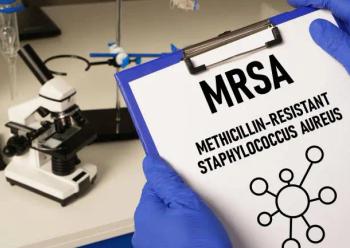
This study revealed a significant decline in MSSA and a corresponding rise MRSA, particularly linked to COVID-19 social isolation measures.

The Centers for Disease Control and Prevention (CDC) says a return to normalcy and vaccination protection waning are likely causes.

Direct penicillin challenges carry a low risk of adverse reactions for individuals with a history of penicillin allergy, with a reaction frequency of only 3.5%.
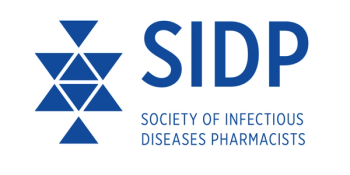
In the third installment of our series on injectables, long-acting injectables offer new treatment and prevention options for HIV, especially benefiting patients who struggle with daily oral medications.

The CDC reports 59 listeriosis cases and 10 deaths across 19 states, urging vulnerable populations to avoid deli meats, especially Boar's Head liverwurst.
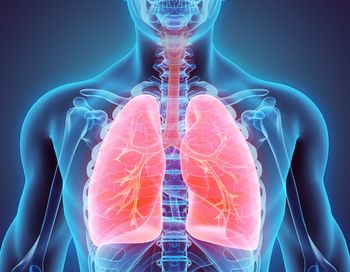
A novel test is looking to ascertain this diagnostic information quickly to aid clinicians in making a determination of infections and more efficiently prescribe antimicrobials.

A single dose of the mRNA-1273.222 vaccine demonstrated strong immune responses against various omicron subvariants and showed a favorable safety profile compared to existing vaccines.
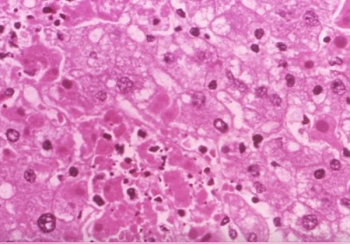
With 26 cases confirmed and several fatalities, the African country is experiencing its first bout of the zoonotic disease.

The CDC recommends vaccination for pregnant individuals and the administration of the RSV antibody nirsevimab to infants under eight months.

Get caught up with the latest study information, feedback from people in the field, and news on the latest investigational therapies.

A systematic review and meta-analysis finds that hepatitis B (HBV) education led by healthcare providers had the greatest impact on testing uptake.